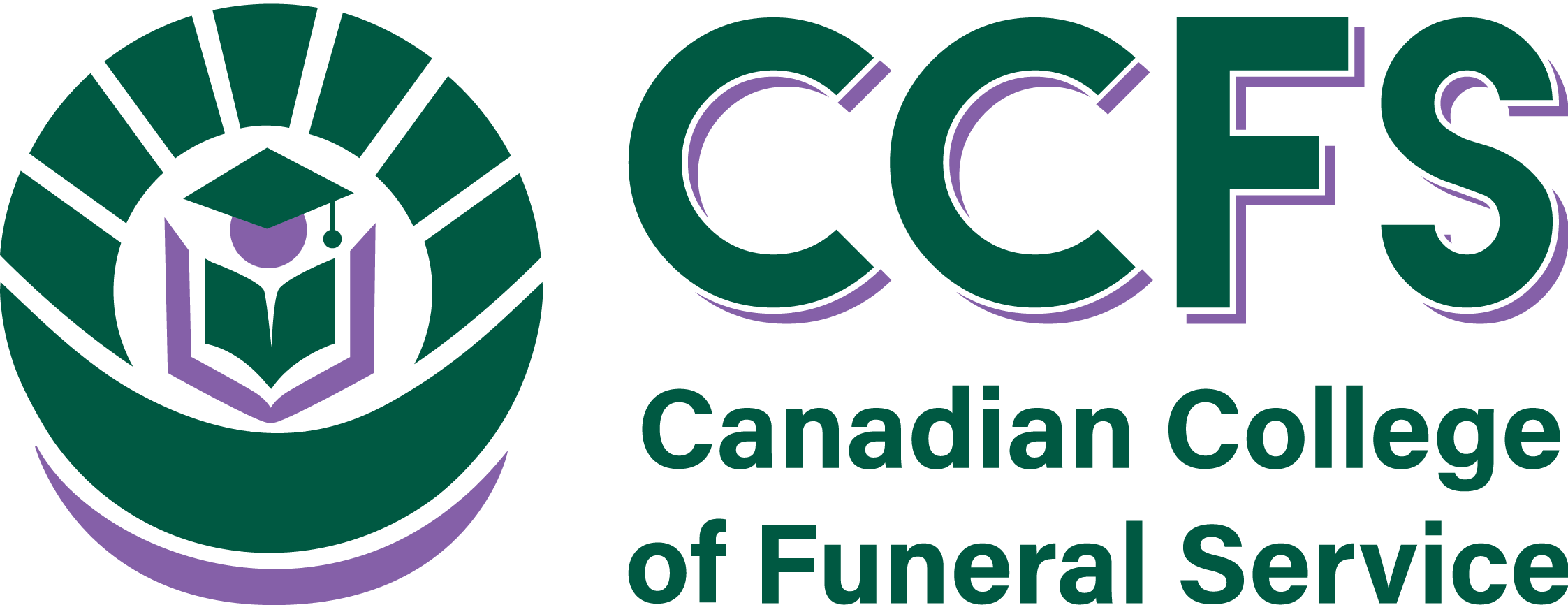CCFS Program – Academic Policies and Procedures
Brief Overview
The Canadian College of Funeral Service’s Academic Policies and Procedures have been developed to ensure a safe, inclusive, and supportive learning environment for all students. Our policies and procedures define the College’s expectations regarding student behaviour and responsibilities, academic affairs and governance, and procedures for resolving complaints and dealing with offences.
We recommend you review and become familiar with the College’s policies, stay informed on new and revised policies, and provide feedback for policy improvement.
Communicating With Us
Should you have any questions, concerns or feedback, please email or telephone us.
Canadian College of Funeral Service
Unit #1596 Regent Avenue West, Suite #360
Winnipeg, MB R2C 4H4
Unit #1596 Regent Avenue West, Suite #360
Winnipeg, MB R2C 4H4
P: 1-888-797-9941
info@ccfs.ca
We're not the only ones EXCITED about CCFS...
1000s of students can't be wrong, don't put it off, enroll today!
